Banja Lula, 14.06.2019.-There is no difference anymore whether journalists work for public services and agencies or in private media outlets, openly admit in the Trade Union of media and graphics of Republic of Srpska. The Inspectorate also agrees with that, but only because the Labor law does not make the difference between private and public media or employers. Therefore, for the inspectors, the ownership structure is not even relevant for the inspection procedure itself. Trade Union officials, however, estimate that the Law on labor in media is even less respected than in other areas.
Andrijana Pisarević, vice-president of the Trade Union of media and graphics of the RS, emphasizes that we do not know how many media we have and therefore also we don’t know the number of journalists. “Although we often see their names on television and below the texts, many of them have no contracts or they have part-time ones, but we do not know amounts of their salaries and fees, whether anyone ever pays contributions for them. Information on for how many media (in parallel) they are working in order to collect enough money for life, their working hours and whether anyone pays overtime hours are limited and at the level of cafeteria chit-chats, and the control of work exists only formally, “Pisarević says.
The Republic labor inspectorate does not state whether they only formally control the media, for what they are accused by Trade Union, but it is clear that they are seeking for an understanding for the results of their work. They point out that there are only about thirty inspectors in Republic of Srpska who supervise all economic activities and carry out about 6,000 controls a year. When they make annual work plans they try to cover all activities, bearing in mind also the personnel resources.
During the control of respecting the working-legal status of the employees in the media, the inspectors encountered the various kind of contracts, but nothing is illogical if only the letter of the law is respected. Thus, employers with journalists are concluding contracts for work for full-time, for part-time work, contracts for supplementary work with full-time employees registered with other employers, as well as contracts for performing occasional and temporary jobs.
“As a rule, at the time of the control, inspectors in the media outlets did not find any illegal employees. In only one case in this year, in the control of the employer of one portal, two employees were found without a concluded employment contract and registration to the Unified payment system of contributions. This employer was ordered to provide workers with legal labor status according to the Law, which he did. Also, a fine has been imposed on him, “says Dušanka Makivić, Head of the RS Public relations department.
Since January 2017 to the present day, the inspectors of the largest Cantonal administration for inspection affairs in the Federation, one in the Sarajevo Canton, carried out six controls in public and one in private media, and they bragged about that employers have fulfilled their orders later. In addition to the uncoordinated rule-book on work with the Law, inspectors have found that employees employed in the same workplaces have different payroll coefficients, and that in one case there is a frequent changing of an editor workplace. Irregularities were also found in the inspection supervision of non-payment of overtime hours, non-recognition of the right to stimulation, non-fulfillment of working conditions of certain workers, denial of the right to daily rest, and schedule of working hours and job descriptions.
“One inspection control was also carried out on non-payment of the transport fee in a private medium, where it was established that the employer does not pay the transport fee in accordance with the rule-book. The employer was issued by an administrative measure – Decision on order, which was fully implemented, “the Cantonal administration for inspection affairs of the Sarajevo Canton said.
Representatives of the journalistic community believe that the situation in the field is significantly different. There is an enormous number of unregistered workers/journalists working for both the “state” and the private sector, and they receive salaries in envelopes and over “tuned” travel orders, assure in the Trade Union. Inspectors have the answer to these claims. No one ever complained about it, nor did they find any evidences that employers violated the Law in this way.
“When it comes to the so-called “cash in hand” payment of a part of the salary, until now, the employees of the media did not address to us on this issue. If the employer has paid the employee a salary defined by the work contract within the legally prescribed time limit, and if he has properly paid taxes and contributions, the labor inspector has no basis for taking measures. Proving the suspicion that employers pay part of the salary as a “cash in hand” in order to avoid payment of tax obligations would in the first place involve the tax authorities. The evidence collecting procedure that would be conducted before the competent court would also require the cooperation of the workers of a specific employer who, with their testimonies and evidences, would confirm such allegations, and possibly taking measures by investigating authorities in the context of the exclusion of the documentation of the employer, control of business transaction accounts, etc. “, state in the RS Inspectorate.
That the journalists are to blame for their position too, those who defend their interests agree. Andrijana Pisarević admits that journalists often have no awareness that they are workers themselves and that they have some rights same as have teachers, police or traders, so they do not fight for them and their employers use that ruthlessly.
“Workers in the leather or textile industry are far more aware of their rights than those who report them daily and employers who exploit them, not realizing that they are often in an equally bad or even worse situation,” says the vice-president of the Trade Union of journalists and graphics.
The legal service of the Association of RS trade unions had eight reports last year for trade unions within the Trade Union of media and graphics. They were related to the payment of a hot meal, recourse and severance pay, and only one to the systematization of working places. The Trade Union concludes that there is no doubt that these are not real indicators of the situation in the media. They only show that there are no reports and that journalists rarely decide to fight for their rights, which is at least absurd and contradictory in relation to the job they perform.
In practice, workers employed in the media, not only journalists but also technical staff, have not addressed the RS labor inspection so far with complaints about violations of their rights arising from employment, although they have the ability to submit their reports anonymously too. Sporadically, from time to time, most of the media workers at the local community level addressed themselves to the inspectors with a request for control over the payment delay. In these cases, labor inspection eventually ordered employers to pay debts.
And from the Cantonal administration for inspection affairs of the Una-Sana Canton, they stated that when it comes to respecting the Labor Law in private and public media, they received very few requests. Even if there were any addresses, the subject was the appointment of the director and the admission procedures, and the matter of the salary and the manner of its payment was not subject to supervision, Sena Družić, the chief cantonal labor inspector, acknowledges. It therefore concludes that workers are not sufficiently educated about their labor rights. Inspectors in Bihać especially emphasize that, besides money claims, workers can file an objection to the employer within 15 days, but that deadline is too short and if the workers do not submit the complaint they lose the right to court protection.
In the RS Inspectorate cannot give a general assessment of whether the Law is more respected by state-owned or privately owned media. Opinions that we often hear that employees in private media are in more difficult position, inspectors checked in concrete inspection controls and found that these employers generally respected basic labor rights. As an example, they cite control in a private media house that employs 81 workers at the time of control, out of which 79 are full-time employed, while only two workers are hired on a part-time contract. Also, all employees are collectively insured and duly registered for pension and disability and health insurance. As another example, they emphasize control in a print media that at the moment of control was employing a total of 23 workers, out of which 22 workers are full-time and one is a part-time employee. Records on the presence of employees at work were conducted neatly, the last paid salary at the time of control was for the previous month, and all workers were insured.
What is the situation in the second entity when it comes to private media only- the federal labor inspection does not know. Željko Koštro, a federal labor inspector, told us that this area, since two years ago, is in the hands of cantonal inspectors and that now they only control the entities that are of interest to the Federation of BiH. And because of that, they sent them from the canton several requests related to the engagement and signing of the work contracts relating to Federal TV.
Therefore, when it comes to the termination of the journalist’s employment, as the trade unions say, if it existed in a formal legal sense at all, ends with the media or with the expiration of a contract, along with unpaid wages and unpaid contributions. It was this scenario that we saw only two years ago in the case of daily newspapers Press, which was the only private media with an active trade union organization in BiH. Although the negotiations and trade union pressures over the last year and a half made it possible to pay salaries divided into parts, in the end 50 workers were left unemployed, and the media was extinguished. A few years earlier, the same daily fate was experienced by Banja Luka’s daily newspaper Focus.
Inspectors are excusing themselves that, when it comes to canceling an employment contract by the employer, there are limited opportunities for action. The labor inspector does not have the authority to order the employer to return to the work the worker with whom the employment relationship has been terminated, because such a measure may be pronounced only by the court if it finds that the dismissal was unlawful. Also, the Law is limited by the deadlines in which workers can address themselves to the labor inspectorate for the protection of their rights, which is one month from the day of the violation of the Law and at the latest within three months of the day of the violation. After the expiration of these deadlines, all further protection can be requested through the court.
When asked why trade unions are rare in the media, trade union officials say it is all up to journalists. The formation of a large number of media (it is said that there are more than 1,200 of them in BiH, of which about 1,100 are news portals), with minimal investments, the connection of commercial and political interests, the growing concentration of ownership and technological lag, brought journalists into the current situation from which they can get out only and only if they join together to protect themselves from exploitation.
“It takes a bit of knowledge and courage that, at least, for the journalists should not be a problem. No employer can dismiss all workers at once and find them an adequate replacement for them for a day or two, or a month. They all get stumped and panicked if you mention trade union to them, but when you establish it, they have to reconcile themselves with that fact and accept its existence. In addition, employers often do not realize that it is much simpler for them to have one person to come to their office on behalf of everyone than to deal with all workers when dissatisfaction escalates or the company starts to fail, “says Andrijana Pisarević, vice president of the RS Trade Union of media and graphics.
Inspectors in the Republic of Srpska point out that until now they did not have any cases that they were addressed by representatives of trade union organizations of the media with complaints that the employer was preventing them to organize their trade union organization.
Regardless of this, branch union has no dilemma that the existing legal solutions are not in accordance with the guaranteed scope of the rights of any employee, and consequently no journalist. They point out that the problem is that the current incomplete law, as alleged, is not being respected, and then the story of the legislative and institutional protection of journalists and workers has no particular meaning.
Should the Law be changed then, in the inspectorate they respond with reservations. They only have the advice that, if the legislator considers that the performance of journalists’ work due to certain specificities should be regulated by a special law, it is primarily necessary to determine the competent ministry that would prepare such a regulation and clearly define which body is in charge of controlling its implementation.
 This article has been produced as a part of the project Western Balkan’s Regional Platform for advocating media freedom and journalists’ safety with the financial assistance of the European Union. The contents of this article are the sole responsibility of the BH journalists Association and its authors, and can in no circumstances be regarded as reflecting the position of the European Union.
This article has been produced as a part of the project Western Balkan’s Regional Platform for advocating media freedom and journalists’ safety with the financial assistance of the European Union. The contents of this article are the sole responsibility of the BH journalists Association and its authors, and can in no circumstances be regarded as reflecting the position of the European Union.


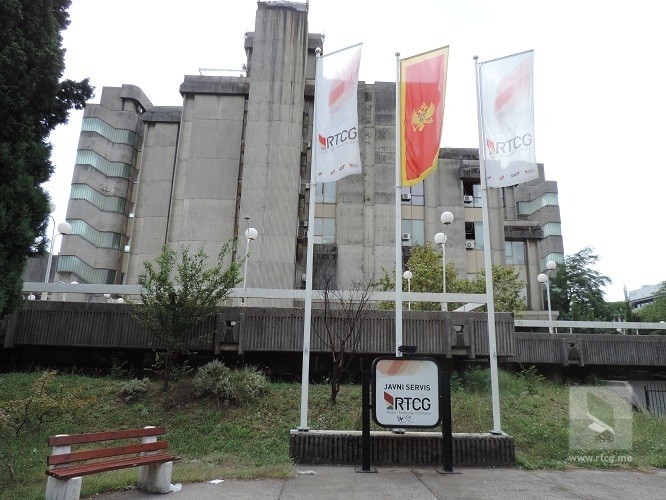
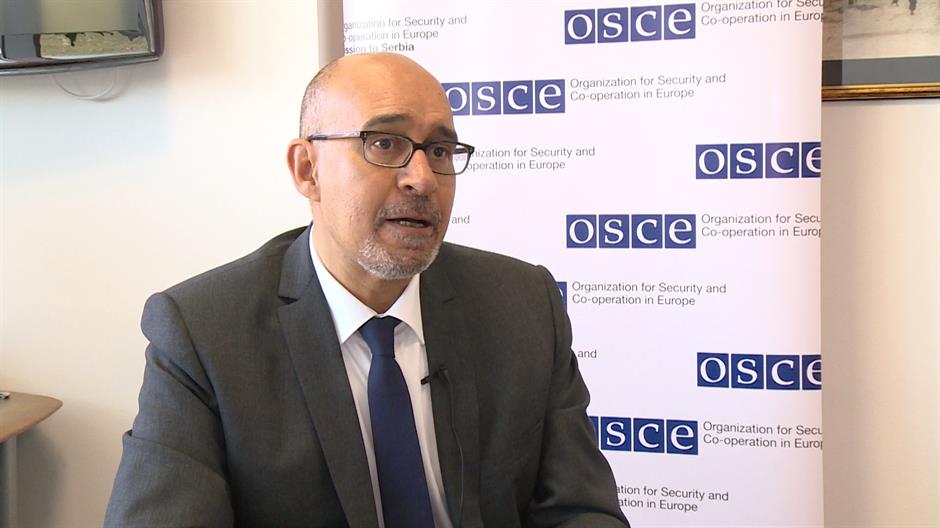
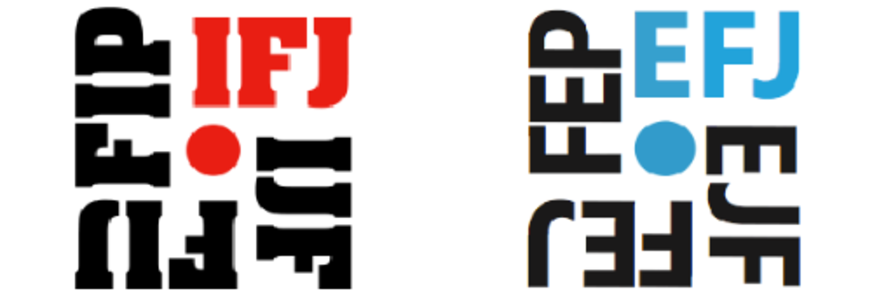
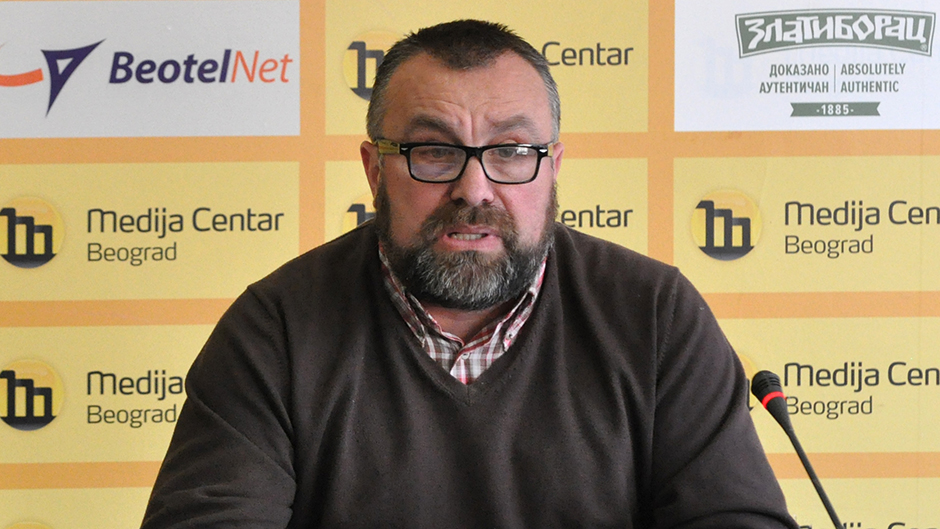
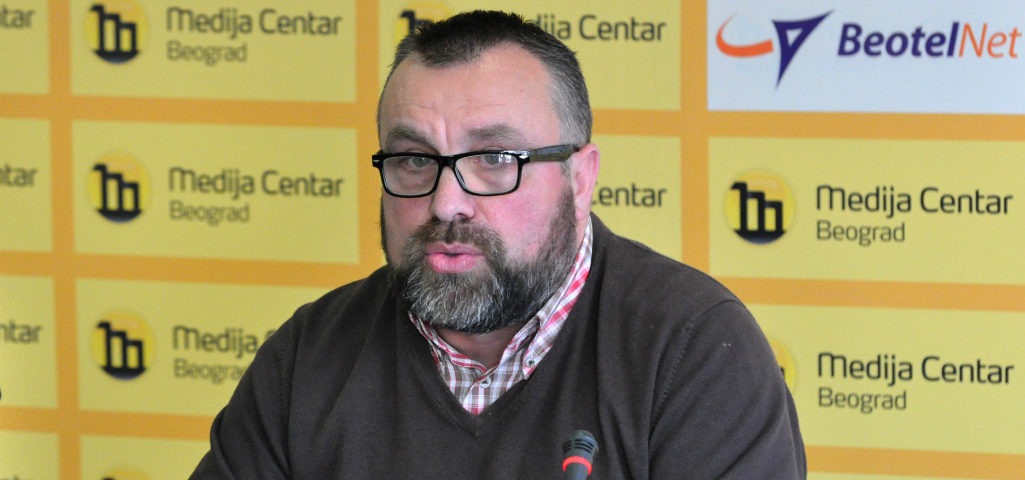
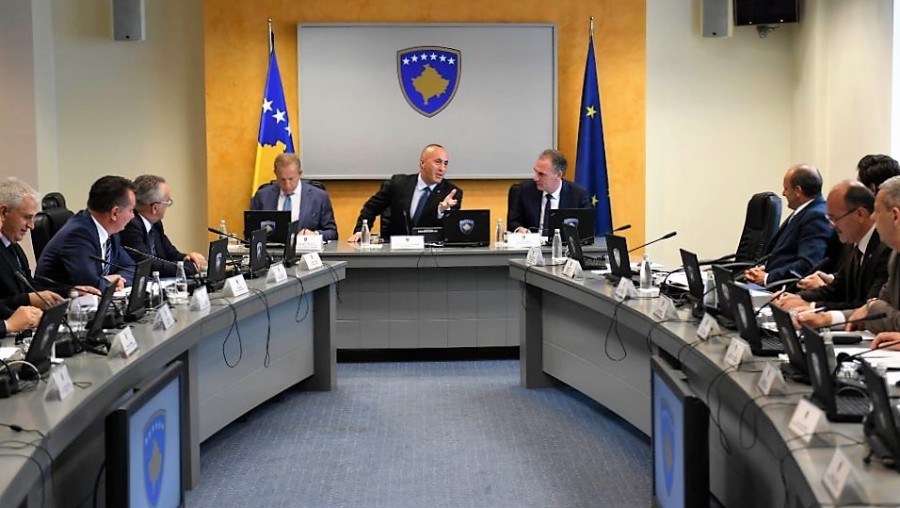
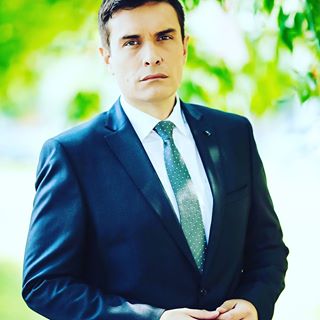
 This article has been produced as a part of the project Western Balkan’s Regional Platform for advocating media freedom and journalists’ safety with the financial assistance of the European Union. The contents of this article are the sole responsibility of the BH journalists Association and its authors, and can in no circumstances be regarded as reflecting the position of the European Union.
This article has been produced as a part of the project Western Balkan’s Regional Platform for advocating media freedom and journalists’ safety with the financial assistance of the European Union. The contents of this article are the sole responsibility of the BH journalists Association and its authors, and can in no circumstances be regarded as reflecting the position of the European Union.